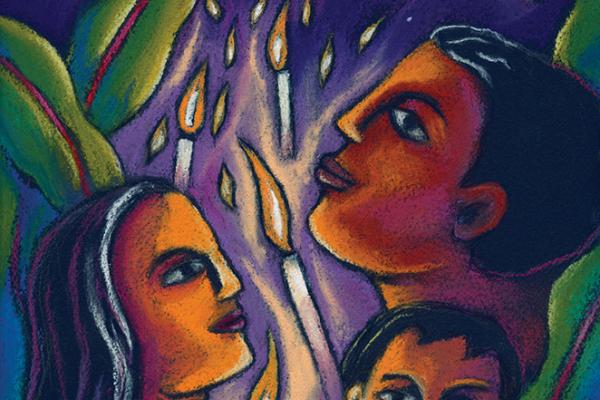TO ENTER la fortaleza where Jhonny Rivas was being held prisoner, I had to hand over my passport and undergo a thorough search, which included squatting naked on top of a mirror laid on the floor. I wanted to turn around indignantly and go home. Instead I faced the two female guards, girls really, one with braces, the other with the acne of a teenager. Por favor, I appealed. They exchanged an unsure glance, no doubt worried about el capitán strutting outside, then gestured for me to put my clothes back on. At the door, I embraced them.
Blessed are those who don’t follow unrighteous rules, for they shall be hugged.
I confess that I often practice my own beatitudes lite. It’s where I often want to stop, at the easier, feel-good variety of activism. But the beatitudes are as morally rigorous as those daunting Ten Commandments, albeit working through positive reinforcement—blessings rather than “thou shalt nots.” If you truly embrace them, they keep pulling you further and further out of the comfort zone of the self that always wants to stop at having done its part.
Read the Full Article

